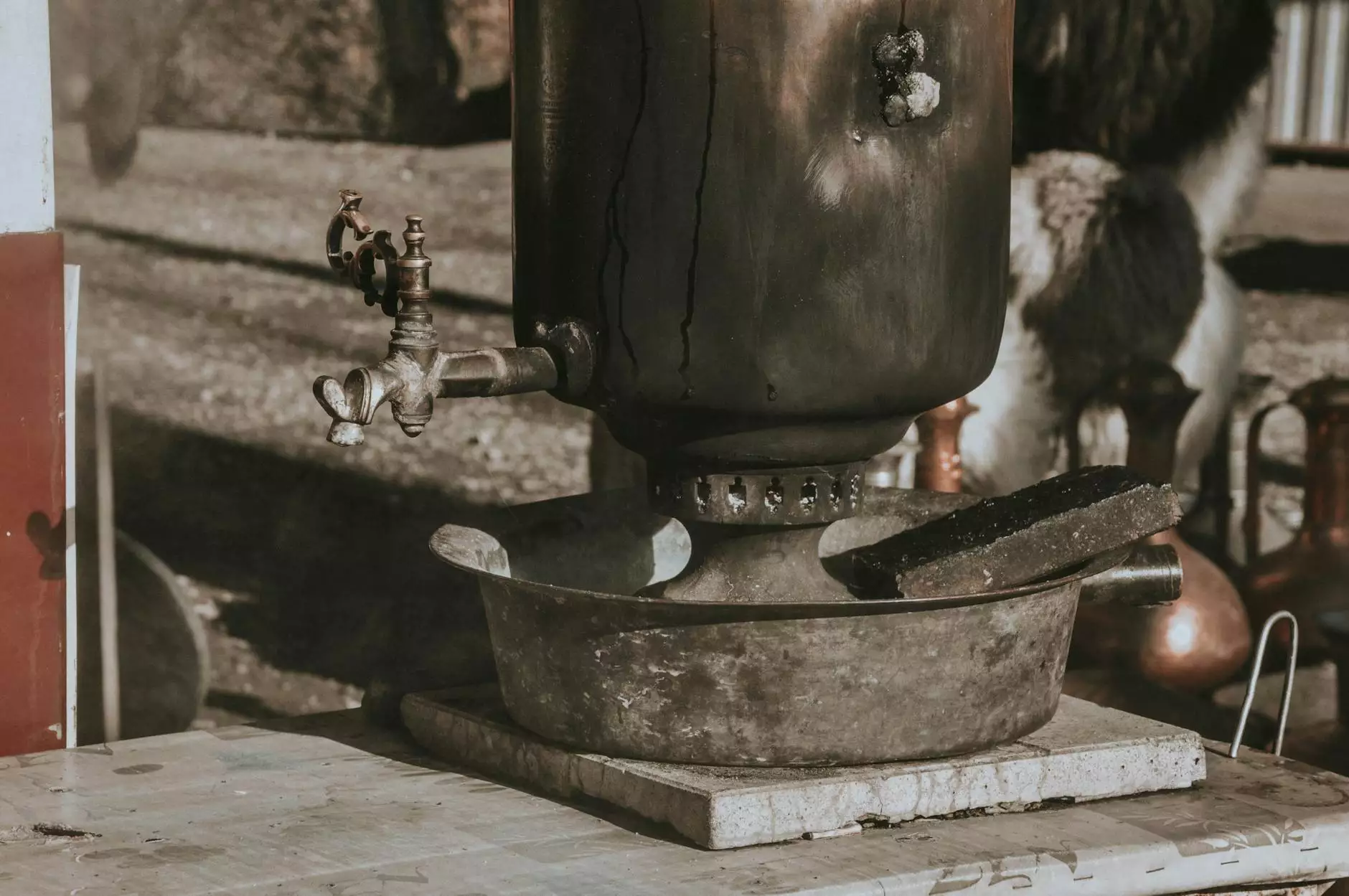The Significance of Japanese Auto Parts Suppliers

When it comes to maintaining and enhancing automotive performance, few regions are as influential as Japan. The Japanese auto parts suppliers are renowned for their exceptional quality, precision engineering, and a rich history of innovation in automotive technology. Understanding the landscape of these suppliers is essential for anyone in the automotive industry, from mechanics to car enthusiasts. In this article, we will delve into various aspects of Japanese auto parts suppliers, their contributions to the industry, and how to choose the right suppliers for your needs.
The Evolution of Japanese Auto Parts Suppliers
Japanese auto parts suppliers emerged in the post-World War II era when the country was on the path to industrialization. With significant investments in technology and education, Japan quickly became a global leader in automotive manufacturing. The suppliers played a pivotal role by providing top-notch parts that enabled Japanese car manufacturers, like Toyota, Honda, and Nissan, to establish a reputation for reliability and efficiency.
Key Milestones in Japanese Auto Parts Supply Chain
- 1950s: Resurgence and Growth - The first batch of auto parts began to flow as Japanese manufacturers sought to rebuild and modernize.
- 1970s: Global Expansion - With the success of Japanese car brands, suppliers expanded internationally, reaching markets far beyond Japan.
- 1980s-1990s: Quality Revolution - The adoption of Total Quality Management (TQM) ensured that Japan's auto parts became synonymous with quality and reliability.
- 21st Century: Technological Advancements - Innovation in electronics and alternative energy systems has positioned Japanese suppliers to lead in emerging automotive technologies.
The Benefits of Choosing Japanese Auto Parts
Selecting parts from Japanese auto parts suppliers can have numerous advantages. Here are some key benefits that make these suppliers a top choice for automotive professionals:
Unmatched Quality and Durability
Japanese auto parts are individually crafted with precision. The combination of advanced technology and stringent manufacturing protocols results in parts that are not only durable but also perform exceptionally, reducing the need for frequent replacements.
Innovation and Technology
Japanese suppliers continuously invest in research and development. This commitment to innovation means that customers have access to the latest automotive technologies, including advancements in electric vehicles (EVs) and hybrid systems.
Extensive Selection of Parts
One of the remarkable features of Japanese auto parts suppliers is the vast range of products available. Whether it's for mainstream vehicles or performance tuners, the availability of parts caters to every automotive need:
- Engine components
- Transmission systems
- Suspension parts
- Electrical systems
- Body components
Competitive Pricing
While Japanese auto parts have a reputation for high quality, many suppliers also offer competitive pricing. For automotive repair shops and enthusiasts, this means the opportunity to acquire premium parts without overspending.
How to Choose the Right Japanese Auto Parts Suppliers
Choosing the right supplier can make a significant difference in your operations or vehicle performance. Here are some important factors to consider when selecting Japanese auto parts suppliers:
1. Reputation and Track Record
Research the reputation of potential suppliers. Look for firms with established success in the market, positive reviews, and a track record of satisfying client needs.
2. Product Range
Ensure the supplier offers a comprehensive selection of parts that meet your specific requirements. A broad inventory means you can fulfill most of your needs from a single source.
3. Quality Assurance
Evaluate the supplier’s quality assurance processes. Opt for suppliers that adhere to international quality standards such as ISO certifications, which ensure that parts meet rigorous testing criteria.
4. Customer Support and Services
Strong customer support can make a huge difference, especially when faced with queries regarding installation or troubleshooting. Prioritize suppliers that provide dedicated support services including technical assistance and warranty options.
5. Logistics and Delivery
Consider the logistics capabilities of the supplier. Efficient delivery times are crucial, especially for businesses that rely on timely repairs and parts replacement.
Top Japanese Auto Parts Suppliers
To provide practical assistance, here are some of the leading Japanese auto parts suppliers you should consider:
1. Denso Corporation
Denso is a global leader in automotive supplies, offering an extensive range of components including HVAC systems, engine management systems, and electrical products.
2. Aisin Seiki Co., Ltd.
Aisin is known for its high-quality transmission and brake systems. Their commitment to aerospace technology has influenced their automotive parts’ reliability and performance.
3. Hitachi Automotive Systems
Hitachi specializes in advanced automotive systems, including powertrains and advanced driver-assistance systems (ADAS), contributing to modern vehicle safety and efficiency.
4. NTN Corporation
NTN is recognized for its bearings but offers a wide range of automotive components, including driveline products and electric vehicle parts, essential for today's automotive technologies.
5. Yoshimura
Known for performance tuning, Yoshimura supplies aftermarket parts that enhance the performance and aesthetic appeal of vehicles, especially motorcycles.
Future Trends Impacting Japanese Auto Parts Suppliers
The automotive industry is rapidly evolving, influenced by technological advances, regulatory changes, and increasing consumer demand for sustainability. Here’s how these trends are shaping Japanese auto parts suppliers:
1. Electric and Hybrid Vehicle Components
As the market shifts toward electric and hybrid vehicles, suppliers are pivoting their product lines. This includes batteries, electric motors, and complementary components essential for EV functionality.
2. Automation and Industry 4.0
With the rise of Industry 4.0, automation and smart manufacturing processes are increasingly adopted by Japanese suppliers, improving efficiency and reducing costs.
3. Sustainability Practices
In response to global sustainability initiatives, many suppliers are focusing on eco-friendly manufacturing processes and products, reducing waste and carbon footprints.
4. Advanced Materials and Additive Manufacturing
Japanese suppliers are exploring advanced materials and additive manufacturing (3D printing) techniques to create lighter, stronger, and more efficient automotive parts.
Maximizing Your Experience with Japanese Auto Parts Suppliers
To make the most of your interaction with Japanese auto parts suppliers, consider the following strategies:
1. Build Relationships
A strong relationship with suppliers can lead to better negotiations, exclusive access to new products, and more favorable terms on future orders.
2. Stay Informed
Keep abreast of industry news, emerging technologies, and new products from suppliers. This knowledge can help you make informed purchasing decisions and stay ahead of your competition.
3. Leveraging OEM Partnerships
Engaging with suppliers who are also OEMs (Original Equipment Manufacturers) can provide insights into the latest trends and technologies, which can enhance the services you provide to your clients.
Conclusion
In conclusion, Japanese auto parts suppliers are integral to the automotive industry, offering high-quality, reliable, and innovative components. By understanding the landscape, choosing the right suppliers, and staying connected with the latest trends, automotive professionals can ensure they are well-prepared to meet the demands of their customers. Whether you're in need of routine replacement parts or seeking performance enhancements, working with reputable Japanese suppliers will undoubtedly elevate your automotive endeavors.









